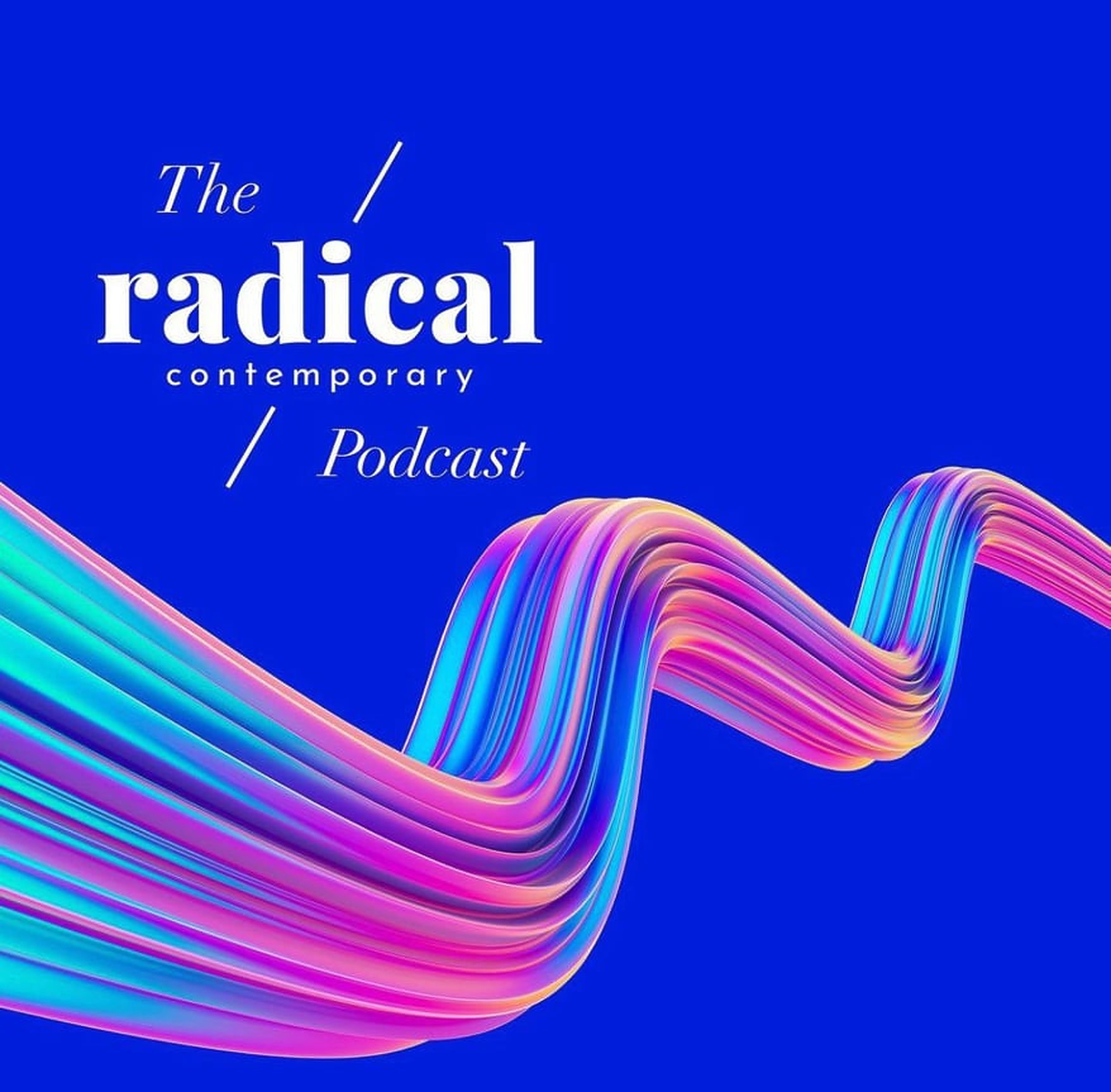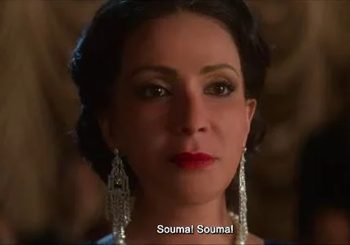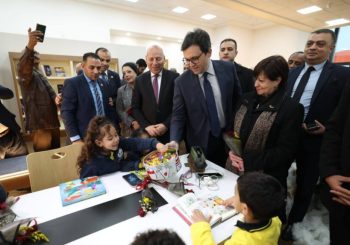It often feels like we are living in an era held together by curiosity. In a time marked by climate change, epidemics, and uncertainty, curiosity infuses life into our world and sparks new ideas, new tastes, and new knowledge.
For far too long, scrolling aimlessly through a phone screen has made me feel deprived of insights and awareness of all that is happening. While the world is looking for those who are capable of questioning, doubting and creating something that is relevant and new, there aren’t enough platforms out there that provide this opportunity without having to look at a screen all day.
It isn’t a surprise, then, as to why podcasts have become a favourite alternative for many. Globally, and particularly this year, podcasting has been growing faster than anything else. In 2021, 850,000 podcasts were active with over 48 million total episodes, which represents more than a 20 percent growth compared to just last year (150,000 more podcasts than the year before).
Without having to look at a screen, I can easily pick up information on any topic I am interested in wherever I am – at the office, at home, walking, cooking or simply drinking a cup of coffee. Even in a state of complete idleness, listening to a podcast episode for a few minutes helps me borrow a little inspiration from someone else.
It isn’t about consuming content – but about the content experience. As content continually evolves, the future of content is increasingly becoming more about the interactive experience, as Nathaniel Hunter notes. Content today has to be driven by curiosity and allow us to familiarise ourselves with our surroundings, and push us to wonder and ask: What if we paid more attention? And what if we stayed curious about the people, events and stories that happen?
One of my current favourite podcasts in the Egyptian and the Middle East market is ‘Radical Contemporary’. In my view, I’ve yet to come across a podcast or a platform that focuses on inciting interesting conversations to cultivate a culture of learning, rather than merely promote a brand or a person. Driven by the motto to ‘learn something new everyday’, the Radical Contemporary targets a niche audience of people who ‘notice things’ and are observers, artists, writers, designers, musicians, filmmakers, intellectuals, cultural producers, and thought-leaders.
View this post on Instagram
Nour Hassan, founder and host of the Radical Contemporary podcast, is the main voice behind the platform. From the visual identity to the quality of the content, Hassan is one of the few in the industry who paid attention to creating a community around her podcast that connects through the content and the entire aesthetic experience.
“My podcast grew over time because I chose to focus on people that were already very successful in their field, but haven’t told their story before. It’s about individuals that were pioneering and pushing the envelope, and that’s how it gained traction mainly because of the guest roster,” Hassan says. “It’s also a very niche audience, because it’s for people who are genuinely looking to work on themselves, grow and learn and how others navigate the story of success.”
To create an edge for herself in a growing market, Hassan places quality as a central pillar. “We focus on the quality of the guests, the quality of the conversation, and the care and amount of research that goes into figuring out how this conversation is going to go. We don’t wing it. We discuss beforehand what we’re going to talk about and try to make sure to cover things that the guest has never spoken about before,” she adds.
The biggest challenge in the Egyptian podcast market, she says, is promoting it as something that is worth people’s time. “People have started replacing listening to music on long rides with podcasts. Yet we are a culture that isn’t used to learning everyday, and I think podcasting is bringing the ability to self-educate and for curiosity to be ignited in Egyptian minds again. This is something that we’re really working on.”
For a podcast to truly succeed, what matters the most is the message it wants to send across. “The podcast thrives from the host. It’s their voice at the end of the day, and this is what matters the most. It’s about the person asking the questions, leading the conversations, and figuring out how the story will be told, which is why you need a passionate host as a start, and the rest will be figured out,” she notes.
As an early bird in the industry, Hassan notices that the future of podcasting in the region is still very nascent and in its early stages, but the boom has already happened. “I think we’ll see exponential growth from here,” she adds.
Reflecting this, the industry is also seeing interest from younger generations, such as Abdalla Nasef, who is the founder and host of the ‘Tahrir Podcast’. Focused on topics related to politics and fueled by the events of the Arab Spring, the podcast was initially founded around February of this year with three episodes.
View this post on Instagram
“My start was restraining since I exclusively set out to document oral histories, nothing more. After these first three episodes, I stopped for a couple of months and then returned around August and expanded my horizon, and that’s when it really exploded. I started having listeners from almost all European countries, 28 US states, and numerous Asian countries and was ranked among Egypt’s top four documentary podcasts on Apple Podcasts,” Nasef says.
In contrast to Nour Hassan’s community culture of creative individuals, Nasef began this podcast to merely document “human experiences” in the Middle East, such as the experiences of Hollie S. McKay, a war crimes investigator who documents the historical impact of ISIS across Iraq and Syria through the eyes of sex slaves, internally displaced people, and persecuted minorities.
For young and growing podcasts like Nasef, promotion is still an area that hasn’t been fully weaponized to their advantage beyond social media. “I find it challenging to market the podcast. It’s tricky. I rely mostly on social media and share it around virtually. However, another way is to actually just maintain consistency in releasing episodes. The quality of the guests you’re going to have will also help you share it around, especially if they already have a considerable following. So ultimately, a podcasters’ safest bet in promoting their podcast is to stay consistent and relevant,” he adds.
Yet, there is still potential for creative promotion. “Another technique I’ve picked up recently is designing and printing flyers of particular episodes and putting them up around AUC’s New Cairo campus. It has been effective so far. I’ve had people reach out telling me they had come across it and that I should continue putting out more episodes,” he says.
Though even in a growing market, there is a question that will remain in the minds of all content creators: how is it possible to detect what are people going to want next?
The recipe to answer this question is by returning to the original starting point for all content: curiosity. Curiosity helps to make sense of the existing context and to capture the hidden and implicit signs that are forging new scenarios and new topics.
In the world of media and content creation, it is easy to talk about trends and constantly chase the ideas and behaviors that are followed enthusiastically for a limited period of time. But it isn’t so much more about the trends that come and go, but about capturing the timeless mood and aura of our time.
It may sound counterintuitive, but the reason podcasts are so important in our culture today is because they tell us to stop asking what people and audiences want, and start analyzing, start thinking and start observing the world around us.








Comments (0)